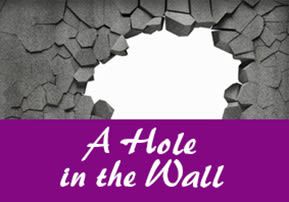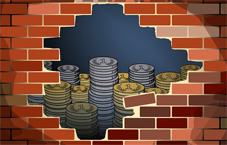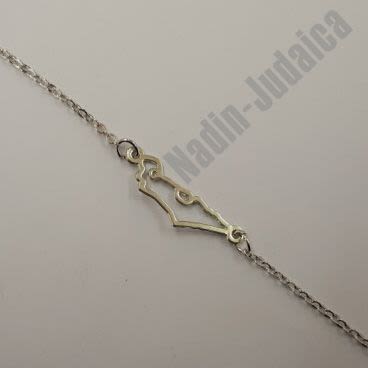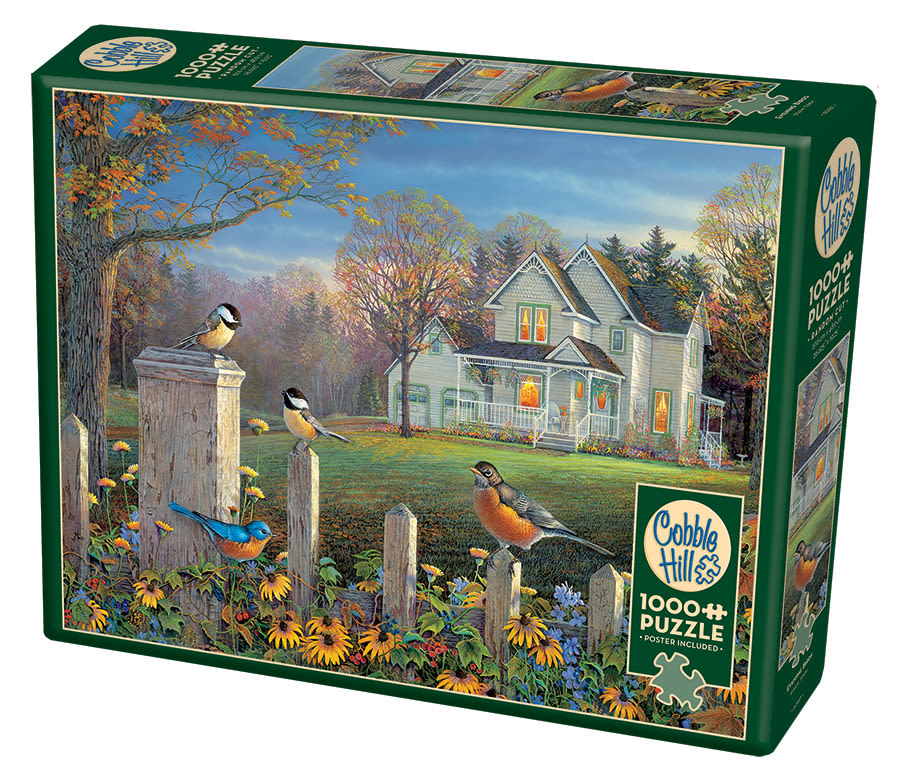
Metzora: A Hole in the Wall
Oh, my goodness! A hole in the wall! A busted pipe?! A flooded basement!?! This could be the very best news of your life - wait and see...

“It looks to me like an affliction in the house”(Leviticus 14:35).
The Torah describes a weird phenomena – a leprous affliction in the wall of a house. Physically, it looks like some mold infection, but it’s not caused by a spore, fungus, or any other infectious organism. It’s spiritual. We know that Hashem gives people bodily afflictions for their own good, so that they’ll assess themselves and make teshuva. But what’s the point of of an “affliction” in the walls of one’s home? What’s the message here for posterity, particularly in a society where, thank G-d, there’s no leprosy?
Rashi says that afflictions in the walls are “good tidings”. He explains that before the wicked and idolatrous Amorites were driven out of the Land of Israel, they stashed their gold in the walls of their houses. When Joshua and the Jewish People conquered the Promised Land, they moved into the houses left vacant by the Amorites. They had no idea what was hidden in the thick earthen walls of the houses. Hashem sent a type of leprous affliction to the wall of a house. According to Torah, the homeowner wasn’t allowed to decide on his own whether this blemish was leprous and spiritually contaminated or not. He had to summon a Kohen, a priest, and ask him. If the Kohen would deem this a leprous affliction in the wall, then the affected portion of the  wall would have to be removed, disposed of in a designated place, and replaced with new bricks and mortar. The homeowner would knock a hole in the wall with a sledgehammer and discover the gold treasure!
wall would have to be removed, disposed of in a designated place, and replaced with new bricks and mortar. The homeowner would knock a hole in the wall with a sledgehammer and discover the gold treasure!
Imagine the reaction of a homeowner in the days of Joshua and early Israel. All of a sudden, he’d see this terrible green spot in his wall that might be leprous. What a pain! Before he summoned the Kohen, he’d have to remove all his possessions from the house and put them in the yard, for any possession in a house that’s deemed leprous is rendered spiritually contaminated and impure. Then, he’d have to break gaping holes in his walls and rebuild them. In extreme cases, the whole house would have to be torn down.
The spot on the wall looks like a big source of aggravation. Yet, how does a person who lives in a one or two-room clay-and-stone hovel feel when he finds $500,000 worth of gold in his walls? That’s a more than nice compensation…
We can now understand the intrinsic meaning of what the Torah requires the homeowner to tell the Kohen: “It looks to me like an affliction in the house” – this is something that appears to me now as something bad, but ultimately, it is not. For, as we learn here in the matter of leprous walls, they are good tidings concealed within the outside, apparent difficulties. This is a spiritual law for posterity and a basis of emuna that King David knew ever so well, for he said to Hashem, “You have relieved me in my distress” (Psalm 4:2). Everything Hashem does is for our ultimate good. Therefore, as my beloved teacher Rabbi Shalom Arush stresses throughout the Garden of Gratitude, we must thank Hashem for our troubles as well, for within the “thick walls” of our troubles in life are concealed treasures.
My esteemed friend Rabbi Chanoch Fierster of Ashdod told me a story about his grandfather, a Polish Jew with unshakable emuna. One day, he came home and found his wife and children outside their house, wailing. He asked what happened, was someone sick? Had someone died, Heaven forbid? They said no, no one was hurt. But, a water pipe had burst and their modest apartment was flooded. The rugs and much of the furniture were a total loss. “A burst pipe, and not a broken bone? That’s a reason to celebrate! Thank You, Hashem! Thank You, Hashem!” Grandfather Fierster then started dancing as if it were Simchat Torah.
With eyes of emuna, we’re not upset about life’s frequent aggravations, especially when we know that Hashem did, does, and will do everything. So, if the problem comes from Hashem – and it certainly does – then there has to be some “good tidings” that are concealed within the problem. With eyes of emuna, we’ll be able to see them. With that in mind, don’t let the flooded basement or the short-circuit rob you of your joy, for any problem that involves sticks and stones instead of our bones is not a problem at all, but good news that serves as an atonement to purify us and to prepare us for something really good that’s on the way.










Tell us what you think!
Thank you for your comment!
It will be published after approval by the Editor.